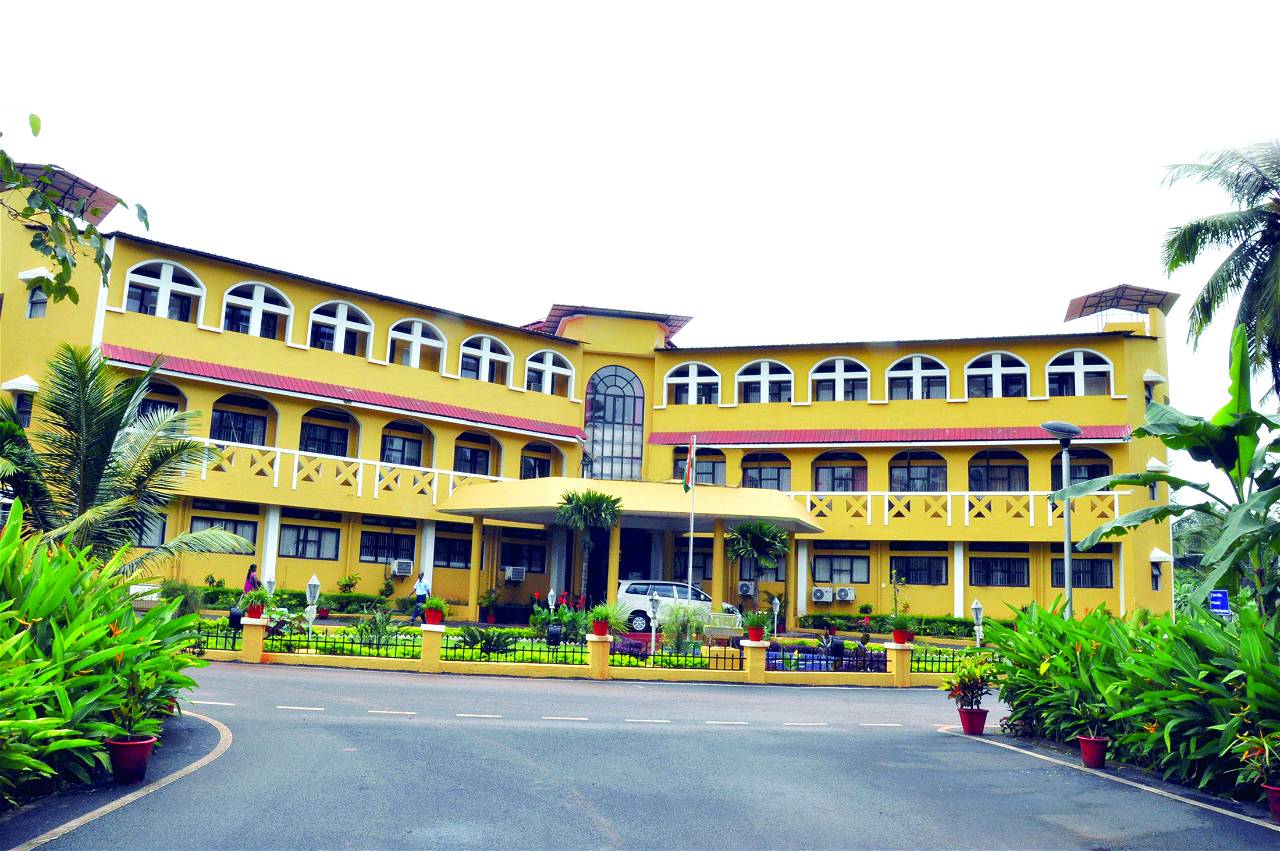
ICAR- Central Coastal Agriculture Research Institute (ICAR – CCARI) arranged a programme for women farmers in Panaji. Around 60 women farmers attended the event which emphasized on various technologies, training and awareness programmes to make farming profitable.
The Sarpanch of the village in which this training programme was held, spoke about the importance of women in agriculture and its allied sectors and strongly highlighted their involvement in the farm to fork food production system.
ICAR scientists demonstrated plant propagation techniques such as layering, grafting and budding in mango, cashew, rose and other ornamental plants for skill-building and generating additional income. Processing and value addition to locally available fruits like jackfruit, kokum & coconut was also deliberated.
Seeds kits of improved varieties of the vegetable such as Red Amaranthus, Okra, Cowpea, Spinach, Brinjal, Radish, etc., and vermicomposting bags were given to the farmers along with technical details on scientific cultivation of vegetables and knowhow of the vermicomposting.
Recently, ICAR CCARI announced that it is working towards making Goa produce Mancurad mango available in the market throughout the year. To make mancured mangoes available even during the off-season, he suggested tetra packing the king of fruits. For the livestock items, Kumar said they are aiming for a ready-to-eat project wherein microwavable food can be packed and sold.
About ICAR CCARI:
ICAR CCARI is one of the research institutes under Indian Council of Agriculture Research (ICAR), New Delhi. ICAR is an autonomous organization under the Department of Agriculture and Education (DARE), Ministry of Agriculture and Education (DARE), Ministry of Agriculture & Farmers Welfare, Government of India.
ICAR Research Complex for Goa was established in April 1976 as a regional centre under ICAR Research Complex for Northeast Hill region, Shillong, Meghalaya. Subsequently, it became the regional center of an Independent Institute from April, 1976.
















